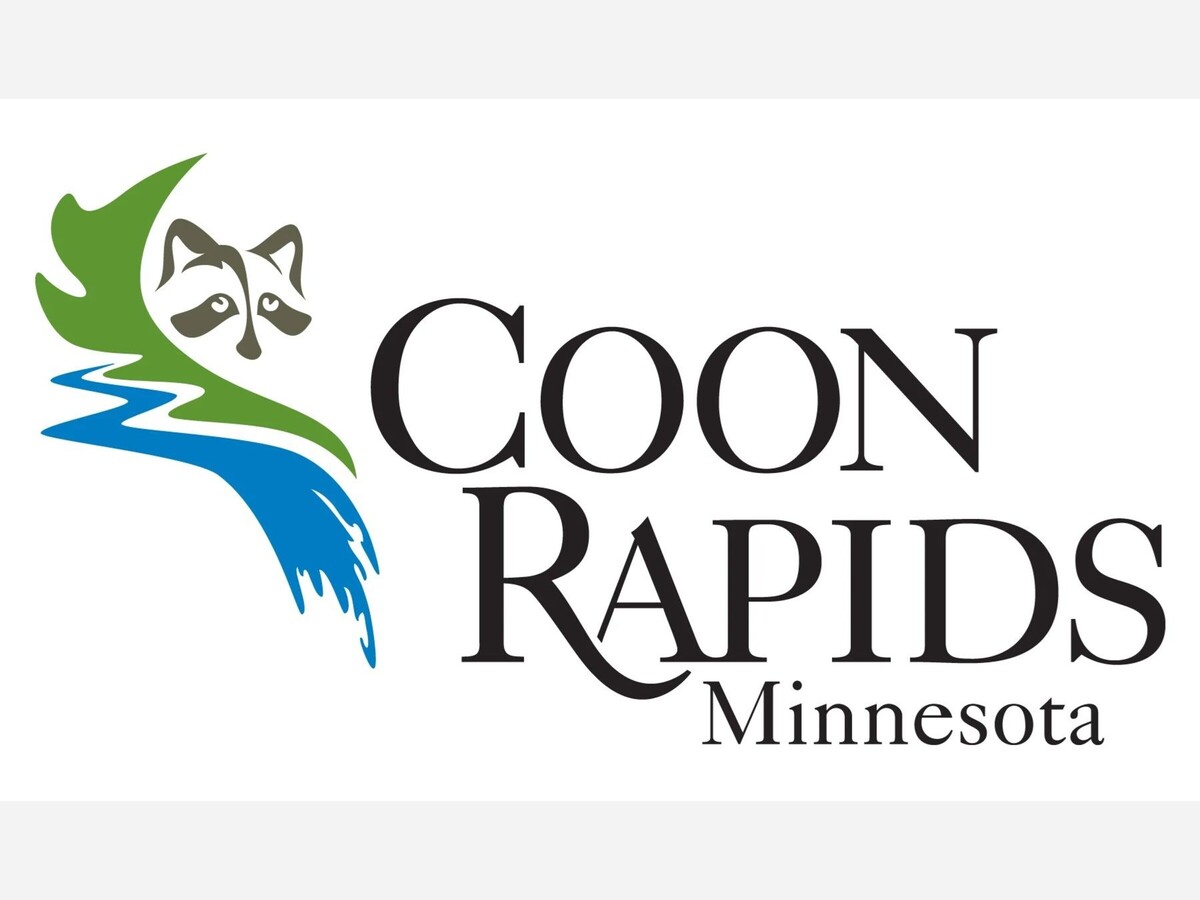Image


By MinneapoliMedia Staff | August 1, 2025
COON RAPIDS, MN — The Metropolitan Mosquito Control District (MMCD) has confirmed the presence of West Nile virus in mosquito pools in Coon Rapids, prompting an alert from the City and renewed calls for residents to take precautions to reduce mosquito exposure and prevent disease spread.
Throughout the spring and summer, the MMCD has been actively monitoring and managing the mosquito population across the Twin Cities metro area, including Coon Rapids. Their comprehensive mosquito control program involves collecting water samples from lakes, streams, and wetlands to assess mosquito populations and detect mosquito-borne diseases. Treatments include hand-tossing larvicidal granules and aerial application of mosquito control pellets to water bodies before mosquitoes hatch, targeting them at their source.
Despite these proactive efforts, West Nile virus — the most common mosquito-borne illness in Minnesota — has been detected locally. While most infected individuals show no symptoms, the virus can cause serious illness, particularly among older adults and people with weakened immune systems. The Minnesota Department of Health has already confirmed the state’s first human case this year in Dakota County.
In response, MMCD and City officials urge residents to take the following preventative steps:
“Standing water serves as the primary breeding ground for mosquitoes, so removing these habitats is crucial in controlling population growth and reducing the risk of West Nile virus transmission,” said a spokesperson for MMCD.
For more information about West Nile virus symptoms and prevention, residents can visit the Minnesota Department of Health’s website at health.state.mn.us. The MMCD regularly posts updates on treatment activities and surveillance data at mmcd.org.